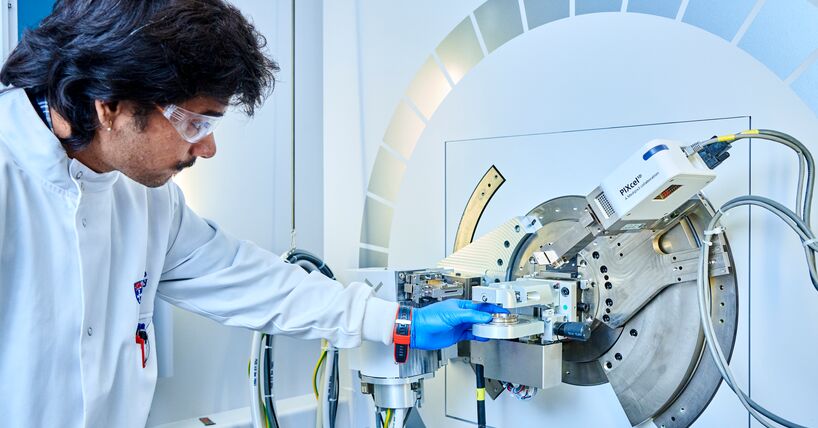Postgraduate Qualifications
Preparation courses for international students
International students need sufficient English language skills for further study at Newcastle University. Our preparation courses provide this.
You can study an international preparation course at Newcastle University International Study Centre. It works with our academic structure and will help you progress to a postgraduate degree.



